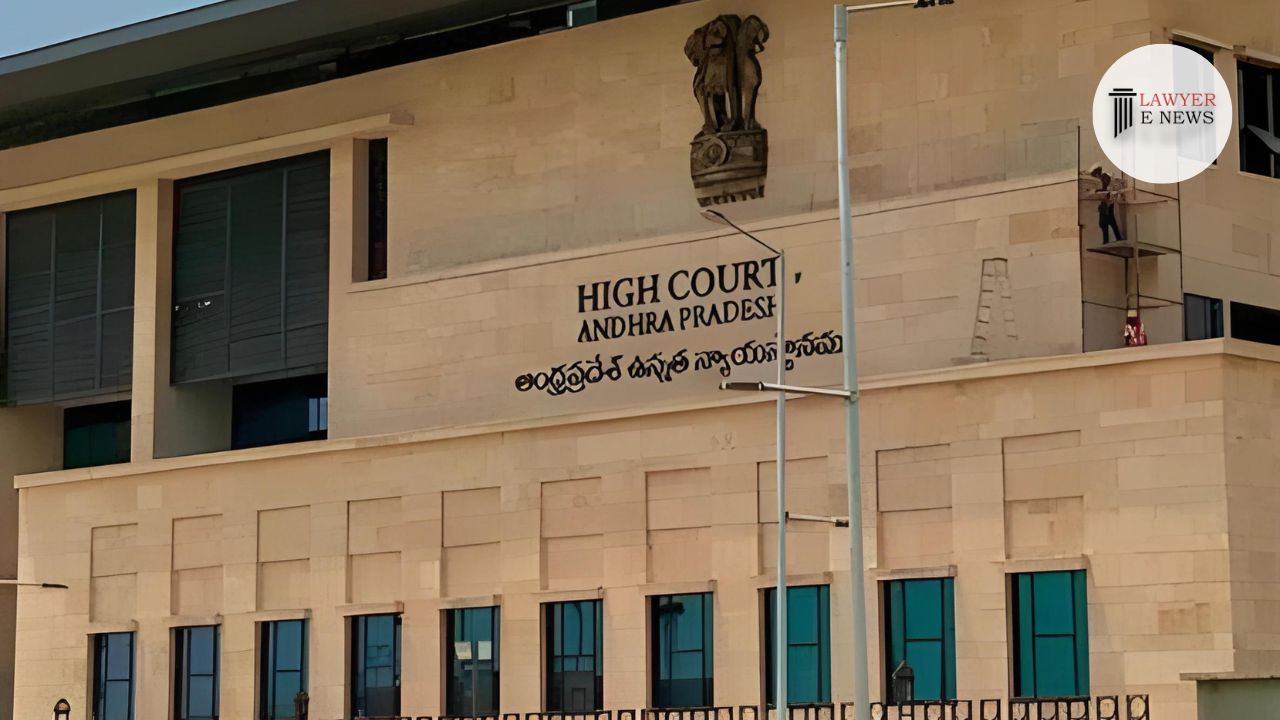-
by Admin
15 February 2026 5:35 AM



The High Court of Andhra Pradesh has ruled in favor of the Vishva Hindu Parishad (VHP), granting permission to conduct the ‘Hanuman Jayanthi Shobhayatra’ in Vijayawada on June 1, 2024. The bench, led by Justice Subba Reddy Satti, deemed the earlier rejection by the Inspector of Police, Satyanarayanapuram Circle, as lacking authority and arbitrary. The court directed that the procession be allowed under specific conditions to ensure public order and safety.
Competence of Authority: The High Court critically examined the role and authority of the Inspector of Police in rejecting the permission. It was concluded that the Inspector lacked the requisite authority to make such a decision. “The 5th respondent, Inspector of Police, lacked the authority to reject the permission for the Shobhayatra – such orders must be passed by the competent authority as per established protocols,” the court observed. Consequently, the rejection order was declared illegal and arbitrary.
Balancing Public Order and Rights: The court emphasized the duty of public authorities to maintain order while respecting statutory rights to conduct religious processions. Justice Satti noted, “While public authorities have the duty to maintain public order, they must ensure that statutory rights to conduct religious processions are not unduly curtailed.” This balancing act was reflected in the court’s decision to impose specific conditions to ensure that the procession could proceed without causing public disorder.
Legal Reasoning: The judgment drew upon established legal principles regarding the issuance of permissions for public processions. The court reiterated that orders impacting public rights must be issued by competent authorities and in accordance with due process. The rejection by the Inspector of Police was deemed a procedural lapse. The court cited precedents, including Commissioner of Police v. C. Anita and S. Rangarajan v. P. Jagjivan Ram, to underscore the necessity for lawful and competent authority in such decisions.
Justice Satti highlighted the need for a balanced approach: “The only apprehension of the Police is that in view of the post-poll scenario, conducting Shobhayatra is not advisable. However, the petitioner has conducted the Shobhayatra annually, and with proper conditions, it can be managed without disrupting public order.”
The High Court’s decision underscores the importance of lawful authority in administrative decisions affecting public rights. By allowing the Hanuman Jayanthi Shobhayatra under stipulated conditions, the court ensures that religious freedoms are respected while maintaining public order. This judgment is expected to guide future cases involving public processions and the exercise of statutory rights under the Constitution.
Date of Decision:May 30, 2024
Vishva Hindu Parishad, v. The State of Andhra Pradesh
